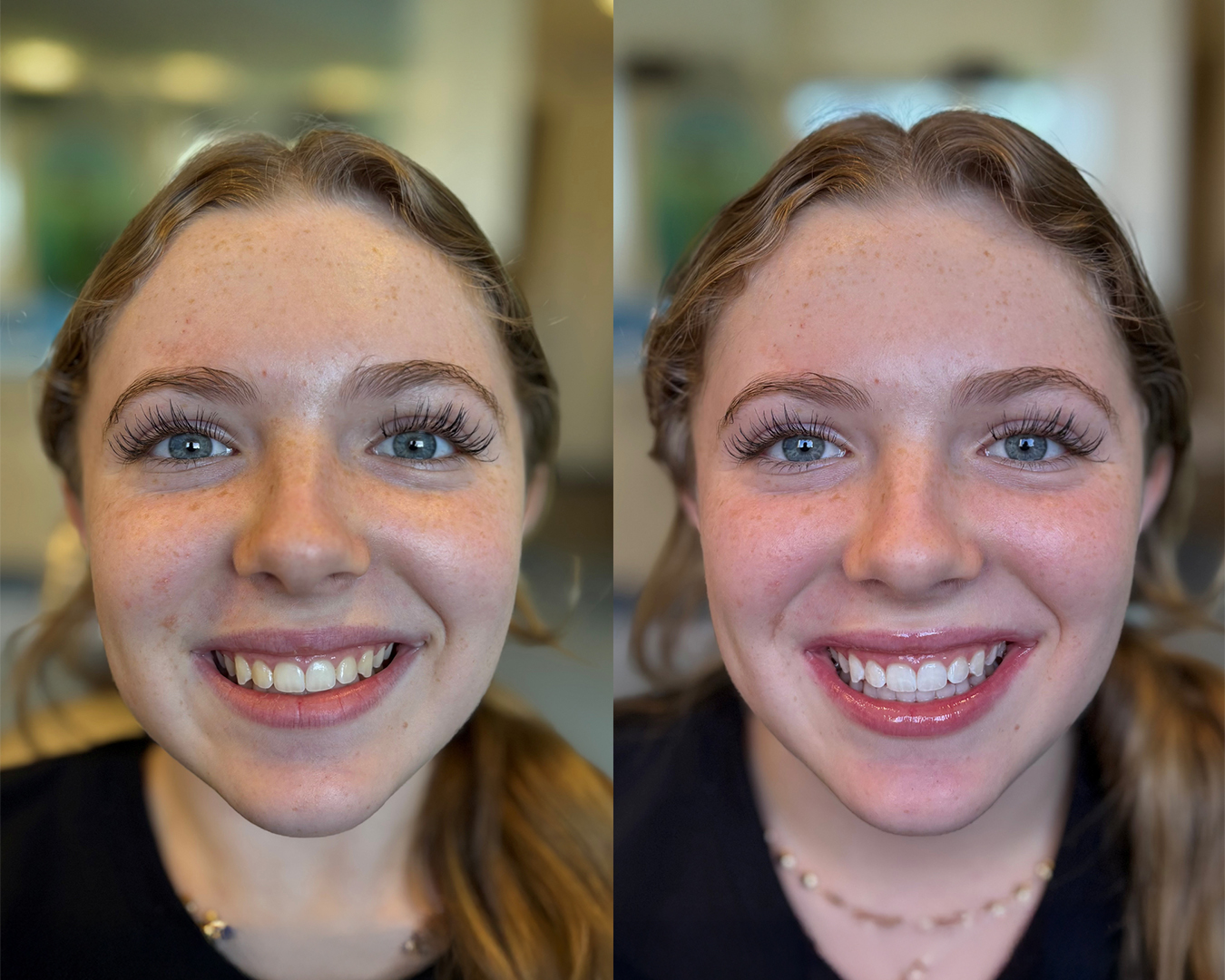How To Choose An Orthodontist
Choosing an orthodontic practice to trust with the beauty of your smile or your child’s smile is an important decision. Orthodontic treatment has the potential to be a long process, so you’ll want to make sure you or your child are comfortable with the doctor and staff. Your orthodontic experience is something you’ll remember for the rest of your life, so make sure it’s something to smile about. Ask someone you trust for a recommendation.
Selecting an orthodontist may seem like a daunting task for someone who has never been through it, so it’s a great idea to ask for a recommendation from someone who has. Whether it’s a friend, co-worker, or family member, they’ll probably be more than happy to share their first-hand experience. Your general dentist is also a great resource to get a recommendation. If their children have had braces, ask which orthodontist they used.
Consider education and experience.
Once you have a list of a few orthodontists, do a little research. Find out about their educational background, where they went to school, and what kinds of continuing education or specialty training they’ve had. Before you set up a consultation with an orthodontist, make sure he or she is a licensed member of the American Association of Orthodontists. This ensures that they remain up-to-date on the newest and most effective clinical procedures.
Get a consultation from more than one office.
Orthodontists have different treatment styles, so getting a consultation from more than one office is a great idea. Some may offer specific orthodontic treatment options or products that others may not. Compare the length of recommended treatment time with the cost of that treatment. It’s also important to feel comfortable with your orthodontist. Do they have a pleasant chairside manner? Do you feel like they’re really paying attention to your concerns? Is the staff friendly and helpful? By visiting more than one office, you’re more likely to find an orthodontist who can meet your individual needs while staying within your budget.
Ask questions.
During your consultation, don’t be afraid to ask questions. After all, that’s why you’re there! It’s important for you to understand what type of orthodontic issues you have and the most effective ways to treat them. The more informed you are about your own dental health, the better decisions you will be able to make.
A few things to consider:
- Who will be overseeing your treatment: the orthodontist or assistants?
- Is the office located near your home or work to make appointments as convenient as possible?
- Do they offer extended office hours before or after work and school?
- What types of insurance does the office work with and what kind of financing do they offer?
- Do the orthodontist and staff seem interested in making your experience personalized or do you feel like “just a number?”
Orthodontist or general dentist?
Choosing an orthodontic specialist instead of a general dentist for your orthodontic treatment is a decision that will truly make a difference in your smile. Orthodontics is a big investment in your health and confidence, and the function and appearance of your smile. Why would you trust anyone less than a specialist?
A dentist must attend an additional two to three years of training at an accredited university residency program and then pass national board examinations in order to become certified as an orthodontist. This education, along with the experience of a practice dedicated solely to orthodontics, gives orthodontists a unique ability to create a customized treatment plan and carry out safe, predictable, and efficient treatment.


